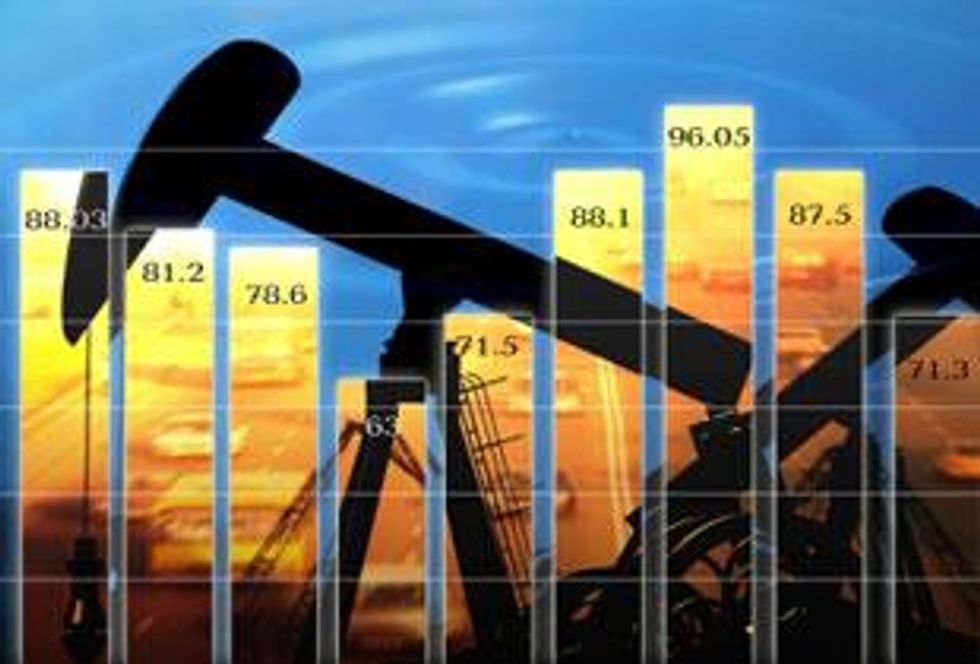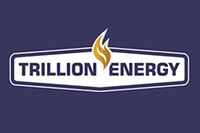Hydrocarbons are the sine qua non of modern life. A short thought experiment illustrates the point rather well. Think of how your day would go if you couldn’t use the internal combustion engine, plastic, most electricity, the products of commercial agriculture or anything that has traveled by ship. If you pay even tangential attention to […]
If you pay even tangential attention to the news, you are no doubt aware that oil and gasoline prices are hovering near historic highs. Much of this is the result of emerging economies like China, India and post-Soviet Europe needing more energy. The graph at the head of the page looks downright pleasant in comparison to current barrel prices. Many analysts stress that the high prices of today are largely driven by the fundamental factors of increasing demand and inelastic supply.
Oil and natural gas are fundamentally different than other investments, however. Three factors differentiate them. Most of the world’s large producers develop their resources through a state-owned energy company that forms partnerships with multinationals. Additionally, producing countries and their state-owned oil & gas companies are disinclined to share data. Third, much of the world’s large producers are unstable or politically unpleasant countries.
These factors have made investing in hydrocarbons a particular art. In other sectors a quick scan of a firm’s market capitalization, cash flow, return on assets and overall sector health can give the novice investor a strong foundation on which she or he can make individual investment decisions. In oil & gas the investor will rarely enjoy this luxury.
A brief look at the joint venture between BP (NYSE:BP) and a consortium of Russian oiligarchs is illustrative. Russian resource laws prevented BP from operating as it would in Canada or the United States. Only by partnering with the Russian financiers and Russian oil & gas companies could BP gain access to Russian hydrocarbon reserves. This arranged marriage is by no means unique. A series of tax, employment law and visa investigations by the Russian regulators followed. The situation has come to such a head that British Prime Minister Gordon Brown is set to raise the issue with Russian President Dmitry Medvedev at July’s G8 summit. I would humbly challenge the readers to name another commodity that has individual companies being discussed at summit-level meetings between two nuclear powers.
Another peculiarity of hydrocarbon investing is the paucity of information. Good information is the foundation of an efficient market and rational economic decisions. The lack of knowledge stems from the fact that many countries, particularly those in the Organization of the Petroleum Exporting Countries (OPEC), prize confidentiality and strive for opacity. Without publicly available information on exploration, production, expenditures and profits, firms partnering with state-owned companies assume more risks.
But perhaps the most notable idiosyncrasy of hydrocarbons is their preponderance in countries known for some combination of authoritarian government, human rights abuses, corruption, internal upheaval, regional instability and/or distasteful allies. Oil & gas are inimitably susceptible to geopolitical volatility.
Academics have contended that oil revenues allow states to rule without the consent of the populace in a system of “no representation without taxation”. Hydrocarbons have proved so toxic to liberal democracy and diversified market economies that they have spawned their own body of research into the “oil curse”. Market democracies with oil have almost exclusively been democracies before they were drillers.
An investor looking to expand into the manufacturing sector of Saudi Arabia, Iran, Russia, Venezuela, Libya, Nigeria, Kazakhstan, Azerbaijan, Angola or Equatorial Guinea would have to be phenomenally risk-tolerant. But if you are investing in large oil & gas multinationals, some of your money is sunk into these states. Strong investing opportunities in oil & gas companies, especially juniors, exist in the United States, Canada, Mexico, Brasil, Norway, the United Kingdom, Australia, Argentina and South Africa.
It is important to note that oil & gas have a legion of complementary companies that sell and maintain equipment, engineer rigs and drills, build pipelines, refine the raw product and perform a host of necessary tasks. While money can and will be made pulling the stuff out of the ground, savvy investments in associated sectors can be just as, or more profitable.






